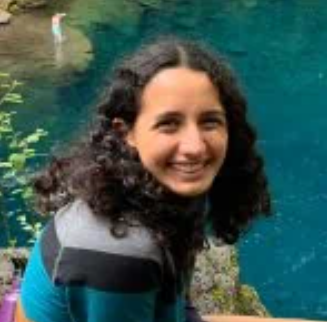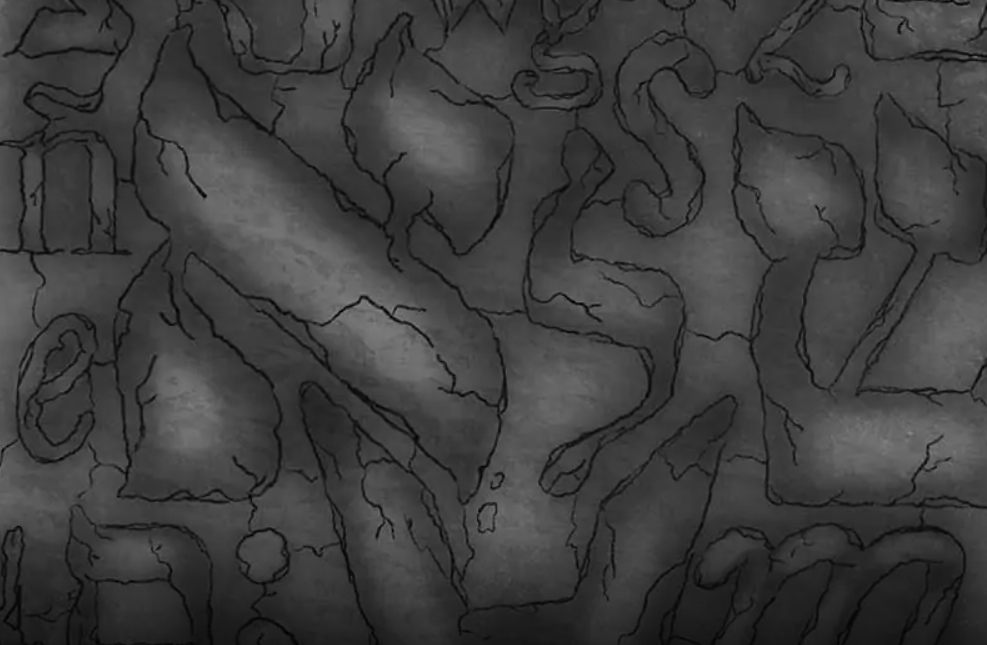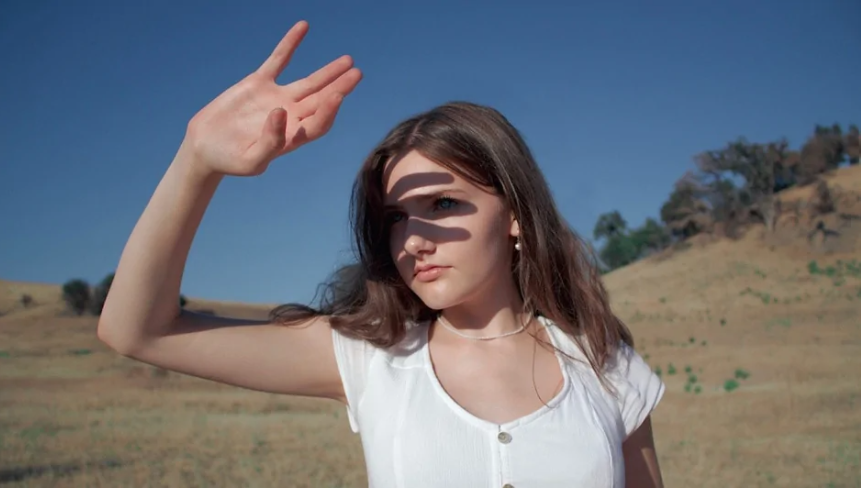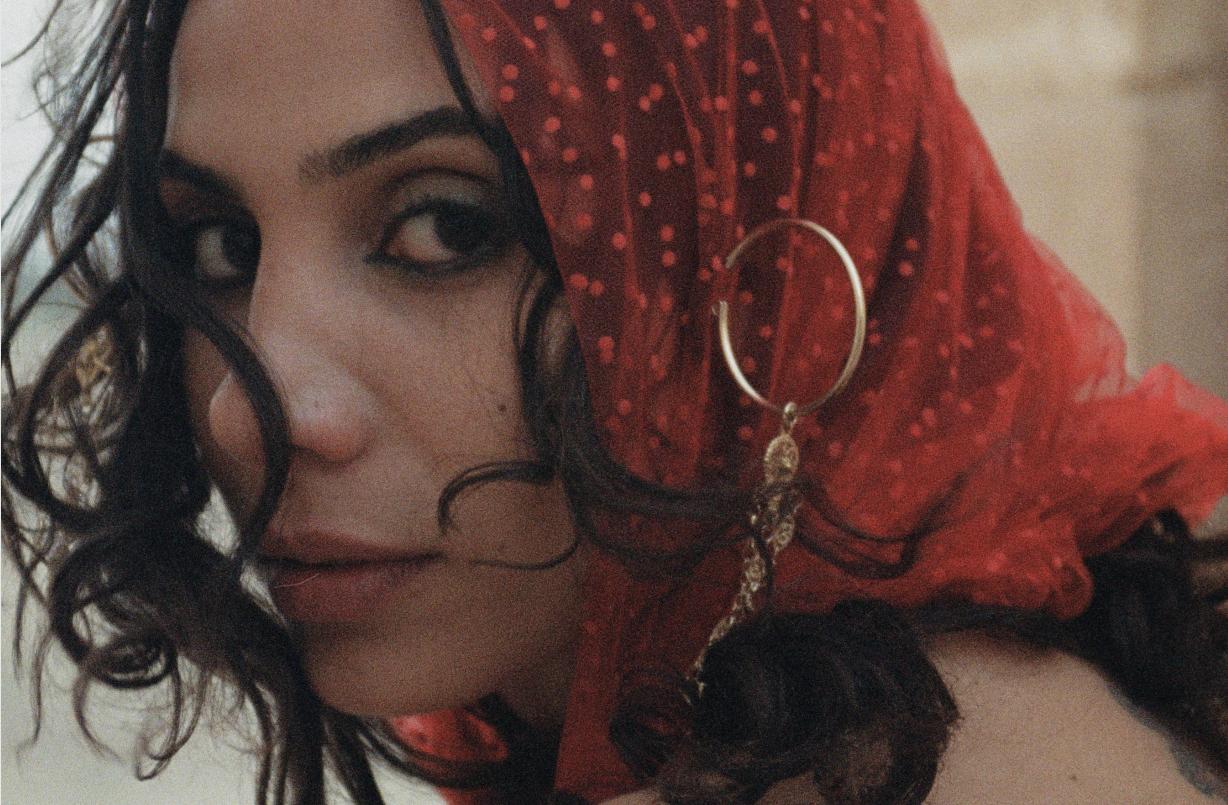There are countless words that have slipped through the cracks of translation, found the underground tunnels of a language, like water to its palm, always running through the ridges but never getting stuck. Words that don’t exist or simply don’t make sense in English but have snuck their way, or better yet, have found their place in other languages. Their concepts can be compatible in one language, and yet they don’t carry into new alphabets and grammar, new sounds and rhythms.
In Spanish, the word friolento is used to describe someone who is sensitive to the cold. (Anyone who has spent virtually any time with me will know that I’m a living description of this word.) Pardo is a color in between gray and brown, almost maroon but not quite. Anteayer is the day before yesterday. Soler is to do something out of habit.
In Hebrew, אני מתה עליך (a-nee me-ta al-e-cha) is a way of saying I’m crazy about you, but transliterated, it means I’m dead over or about you. דווקא (daavka) can mean anything along the lines of spitefully, deliberately, specifically or on purpose. מאורות (me-or-ot) is a word for the sun, moon, and stars. And, my personal favorite, לעשות חיים (la’a-sot cha-iim) means to do or make life, but it’s used to say to someone before they travel or are about to embark on a journey.
Descriptions, too, work in a similar way. In Hebrew, if you wanted to say old man, you’d say איש זקן (eesh za-ken), which is literally “man old.” In Spanish, too, it’s un hombre viejo, which is the flip-flopped English order.
Do you want to see the man before the old, or the old before the man?
The language we’ve adopted and developed speaks volumes about the way we think. After all, we read and write what we can make sense of, what is familiar to us, the way we’ve been raised to think.
But why can’t we, for lack of a better word, daavka do life?
Why can’t we see ourselves before we see the curiosity, the pessimism, the descriptor? We see the characteristic before we see the person who holds that trait, as if that word defines our sole being.
But we have slipped, fallen, glided through the cracks already. We’ve been labeled and scrutinized, we can’t be seen for one language, for one way of being, any longer.
We crisscross translation, we conjure up different definitions and associations of the same word because we each have our own unique experiences. Like the sun, we can be a centerpiece ball of fire. We can take after the moon and go through phases while still remaining whole, or we can find comfort in the stars who are birthed from destruction.
Even better, we can be all three and call ourselves מאורות (me-or-ot). We can daavka חיים לעשות, or do life on purpose, but rely on old habits to keep us grounded. We can be our own colors that live in the hidden folds of anteayer, the day before yesterday. We can על למות something stupid, go crazy over the brown-eyed boy or gray-eyed girl, but it’ll be the cold that kills us because we are such friolentos.
We’re meant to slip through the cracks, be water to the palm, skid down the ski slope completely off-kilter.
Sometimes we break. Sometimes we chip and we fall and we get bruised, but that just means that we’ve tried. It means that the cracks can be sharp and unforgiving, but those same cracks are the ones that shape the language and the world it provides for us.
All of these rough translations, they’re here for a reason. They give us the world—the static and dynamic and everything in between. They’re far from perfect, but they ground us and give a sense of reality and the knowledge that we won’t always belong. Otherwise they wouldn’t still be around for us. They would have fallen and stayed down.
Really, they’re all small miracles, things that happened to happen at the right place at the right time, even after we’ve tripped and stumbled along.
Maybe even because we’ve tripped and stumbled.
Author’s note: “I’ve grown up with three languages: English, Spanish, and Hebrew, and this essay, although I considered it to be nonfiction, is my working through the ins and outs of juggling all three sides. I love words and the way some people can make them almost musical, and I think that I’ve created this world of words that don’t quite fit anywhere. It’s comforting, at least to me, because that way I know that I’m not the only one who doesn’t belong anywhere and belongs everywhere all at once.”
Originally published on jGirls+ Magazine, June 2022.







